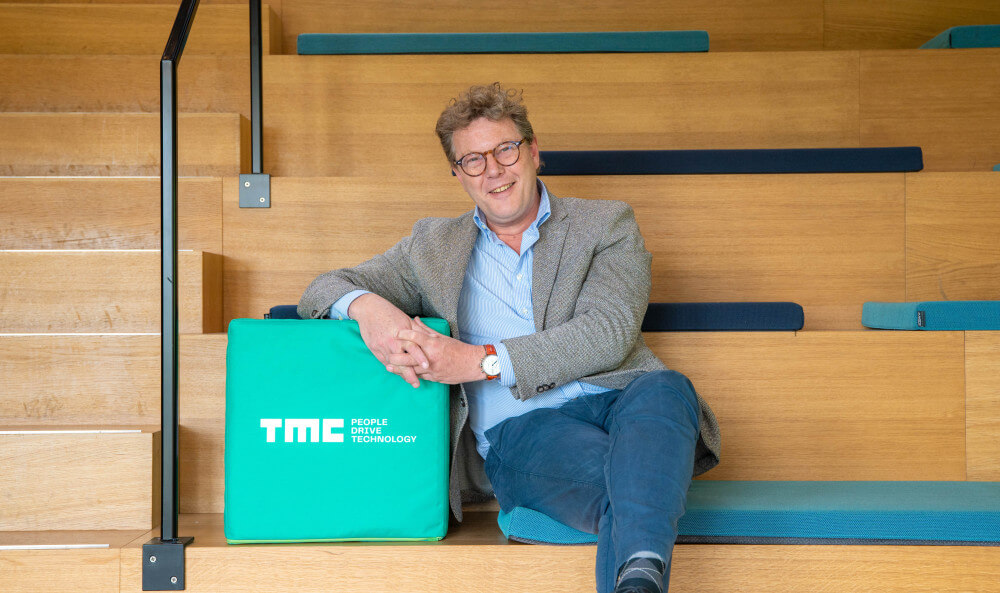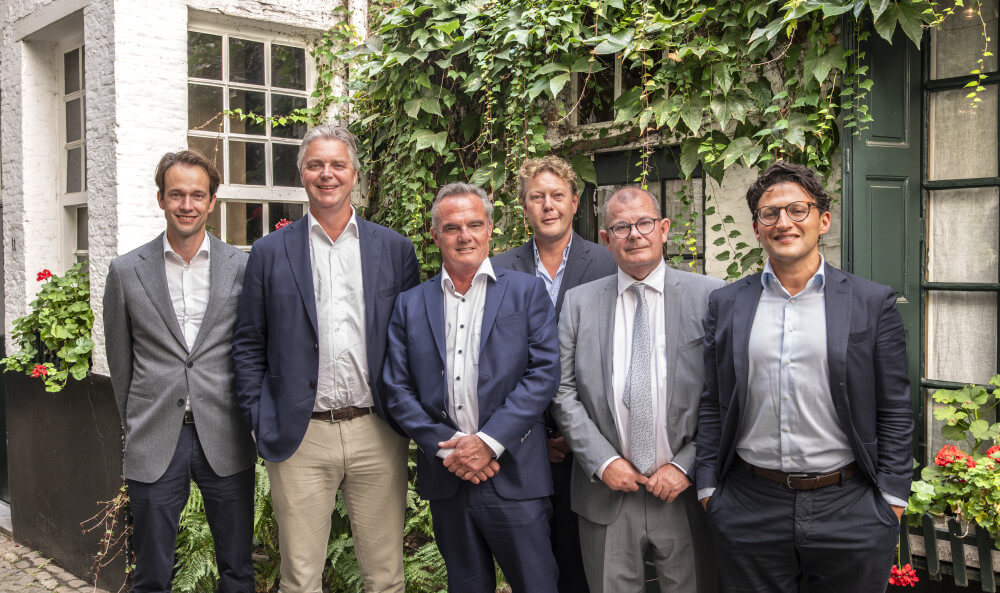![pressrelease_level21[1].png pressrelease_level21[1].png](https://www.themembercompany.com/cache/4462ce0d05b0dcb96e3bd48ef7106e67/pressrelease_level21[1].png)

TMC Employeneurs are building a high-tech solution to help protect rainforests
The rainforests are extremely important to our planet. Unfortunately, more and more rainforest is disappearing due to human activity. One of the initiatives to protect these areas is XPRIZE Rainforest. In this international competition, teams come up with a technical solution to map the entire rainforest. From TMC Belgium, the XiniX AI team will travel to Singapore in June 2023 to secure a place in the final.
Leestijd: min.More than half of the planet's plant and animal species are home to rainforests, the oldest living ecosystems on earth. Further deforestation may cause important species to disappear. The XPRIZE Rainforest competition lasts five years and was created to gain a better understanding of the rainforest ecosystem. A process that takes a lot of work, partly because many areas are not easily accessible. The competition includes an amount of USD 5 million for the winner to implement the solution that has been devised.
Starting right away
"When I read about XPRIZE somewhere in 2019, I decided that I wanted to participate in this no matter what," says Eric Herrero. Together with Jaskaran Sandhu and Dorin Cerbu, he forms the core team of XiniX AI. "I then spoke to Jaskaran during one of our follow-up meetings, who was immediately very enthusiastic. Given the expertise required in machine learning, Jaskaran recommended Dorin as a core team member, and soon we were devising and building a solution. The team, which consists of experts in the fields of aerospace, image processing, machine learning, robotics and mechatronics have already made it to the semi-final and will present a working prototype of their solution in Singapore in June 2023. They will compete with a total of fourteen other participants for a coveted spot to get into the final.
Soft robot
The team will build an autonomous system that can identify and classify plant and animal species. This should provide valuable data to protect the rainforest and raise awareness. The end product must be a system which is affordable, scalable and easy to use. "We are developing the prototype of a soft robot. A major challenge is that 90 percent of the biodiversity in this area is located in the canopy, often at a height of 20 to 30 meters," says Eric. "Scientists are currently studying this area with balloons, drones and large cranes or they are building bridges. These are very complicated structures that require a lot of resources." In addition, the team wants to conduct the research without disturbing the area's habitat.
Discovering species with AI
The robot will use sensors, cameras and other technology to create images that must be converted into usable data. Dorin: "We have to train the AI system in such a way that it classifies the data from the sensors and the images extremely accurately." That is important to identify existing species, but also to find species that we don't even know exist yet. "It is not known nearly as much about rainforests as many people think. The images we use for training AI are of good quality, but in the field we have to deal with humidity, noise and specific lighting conditions. We have to take that into account, which is quite a challenge."
Complete solution
The XiniX AI team is confident that they will reach the final. If the team gets that far, it will have 10 teams competing for the $5 million grand prize in 2024. Jaskaran: "The products of the teams that make it to the final really have to be built and start working. Hence the high amount of money that the winner receives." The finalists who do not win the main prize can also count on a substantial amount of money to realize the solution. "We will have stiff competition, but we are convinced that we can really build a smart solution that can map the entire rainforest and that can also be used in other environments."

Stuur ons een bericht voor mogelijkheden, samenwerkingen of vragen. We komen graag met je in contact!


